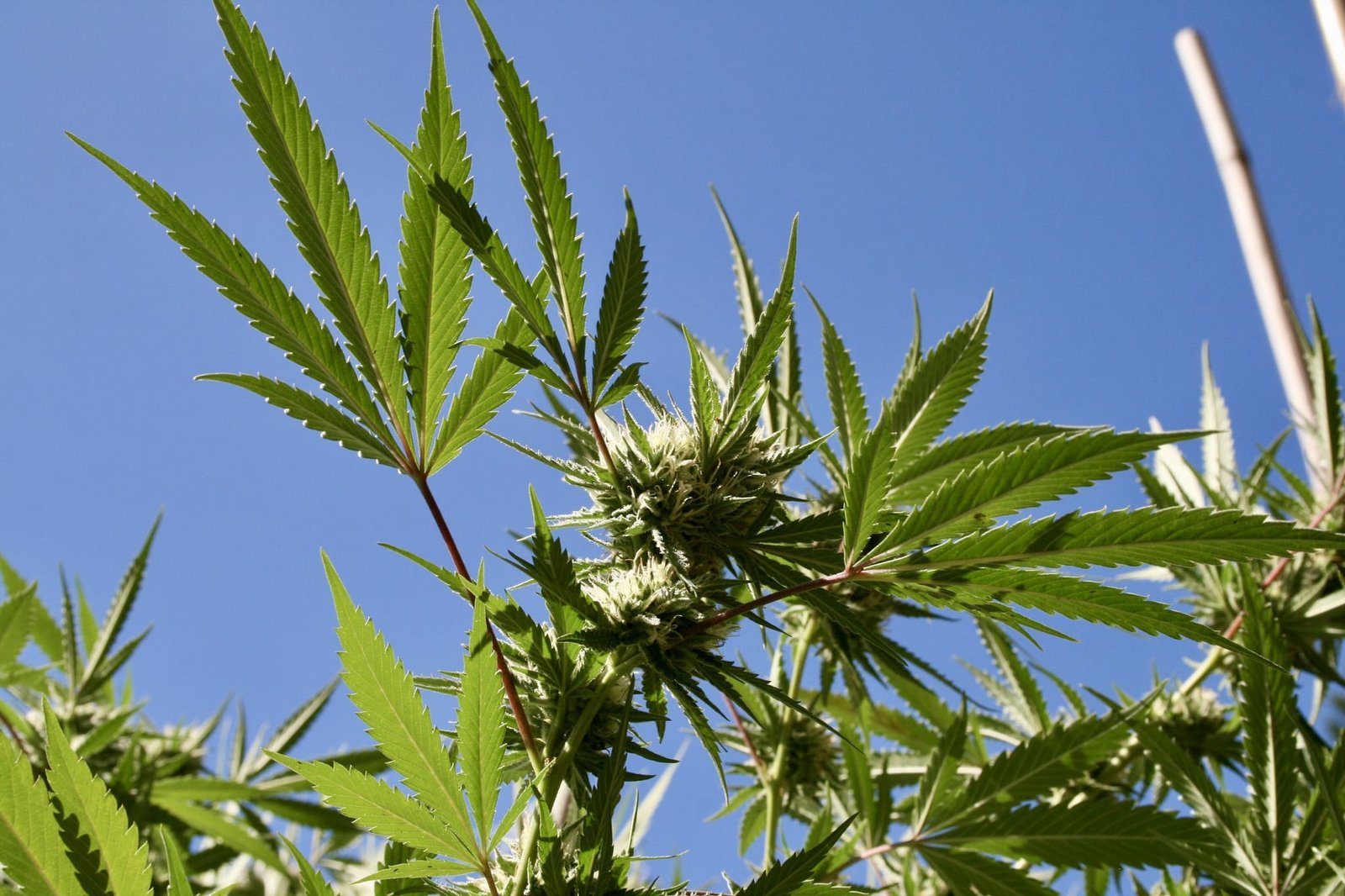As global consumption of alcohol and cannabis continues to increase, experts advocate for an international treaty aimed at regulating misuse of these substances, drawing inspiration from the World Health Organization’s (WHO) Framework Convention on Tobacco Control (FCTC).
Since its adoption in 2003, the FCTC has led to significant reductions in tobacco use worldwide, with countries that implemented the framework reporting a notable decline in smoking rates. For instance, nations that raised tobacco taxes by at least 10% saw a more substantial decrease in smoking prevalence compared to those that did not. This resulted in approximately 24 million fewer young smokers and 2 million more individuals quitting smoking, contributing to increased global life expectancy.
However, as tobacco consumption declines, research indicates a disturbing trend: the rise of alcohol and cannabis use. Global adult per-capita alcohol consumption escalated from 5.9 liters in 1990 to 6.5 liters in 2017, with forecasts predicting it will reach 7.6 liters by 2030 across 189 countries. Furthermore, the percentage of adults who currently drink alcohol rose from 45% in 1990 to 47% in 2017, with projections suggesting it could hit 50% by 2030. The rate of lifetime alcohol abstinence has also declined, indicating a growing normalization of alcohol consumption.
Cannabis use has similarly surged, particularly in Europe, where past-month usage increased by 27% between 2010 and 2019. This rise in consumption correlates with escalating health issues related to cannabis, with treatment rates for cannabis-related problems increasing from 27% per 100,000 adults in 2010 to 35.1% in 2019. Despite an estimated global cannabis market valued at $25 billion in 2021, it is projected to reach $176 billion by 2030, primarily driven by smoking.
The combination of excessive alcohol and cannabis use raises concerns about brain health, as both substances can disrupt neurochemical balance and accelerate brain aging. Current research links heavy consumption to cognitive decline and an increased risk of neurodegenerative diseases, such as Alzheimer’s.
Recognizing these trends, experts emphasize the necessity for the WHO to facilitate discussions among member states to develop a global treaty regulating both alcohol and cannabis use. The proposed treaty would aim to prevent substance misuse and implement taxation strategies to fund under-resourced global brain health initiatives, particularly in regions like Africa. Without intervention, rising consumption of these substances could lead to significant economic losses associated with deteriorating brain health.
In terms of taxation, the WHO has not yet established a global alcohol tax policy. The organization suggests a minimum excise tax of 50% on retail alcohol prices, which experts argue is insufficient. In comparison, the WHO recommends a tax range of 70% to 75% for tobacco products to effectively reduce consumption. Various countries demonstrate the impact of higher alcohol taxes. For instance, Kiribati’s 72% tax led to a 48% reduction in per capita consumption, while Tonga’s 70% tax resulted in a 74% decrease.
In contrast, countries like Suriname and Iceland, which impose a 66% tax, have seen increases in alcohol consumption. This inconsistency highlights the need for a cohesive global tax policy to address alcohol misuse.
Experts also advocate for a comprehensive cannabis tax framework. With over 200 million people using cannabis daily, a global treaty addressing cannabis consumption is deemed essential, especially as many countries legalize its use. Cannabis affects not only users but also non-users, contributing to issues such as impaired driving and violence.
Countries moving toward cannabis legalization should ensure robust taxation that reflects societal costs associated with the drug. The recommended minimum tax share for both alcohol and cannabis should align with tobacco tax guidelines, possibly reaching 90% if necessary.
To effectively combat rising consumption of alcohol and cannabis, four key measures are proposed: first, the WHO should endorse aggressive taxation for both substances; second, the current alcohol tax rate needs reevaluation; third, a new global cannabis tax policy is critical; and fourth, consistent data collection on substance use is vital.
These taxation strategies, combined with the WHO’s MPOWER framework for addressing psychoactive substance use, could lead to reduced consumption and alleviate the global burden of brain health disorders, such as cognitive decline and dementia.


